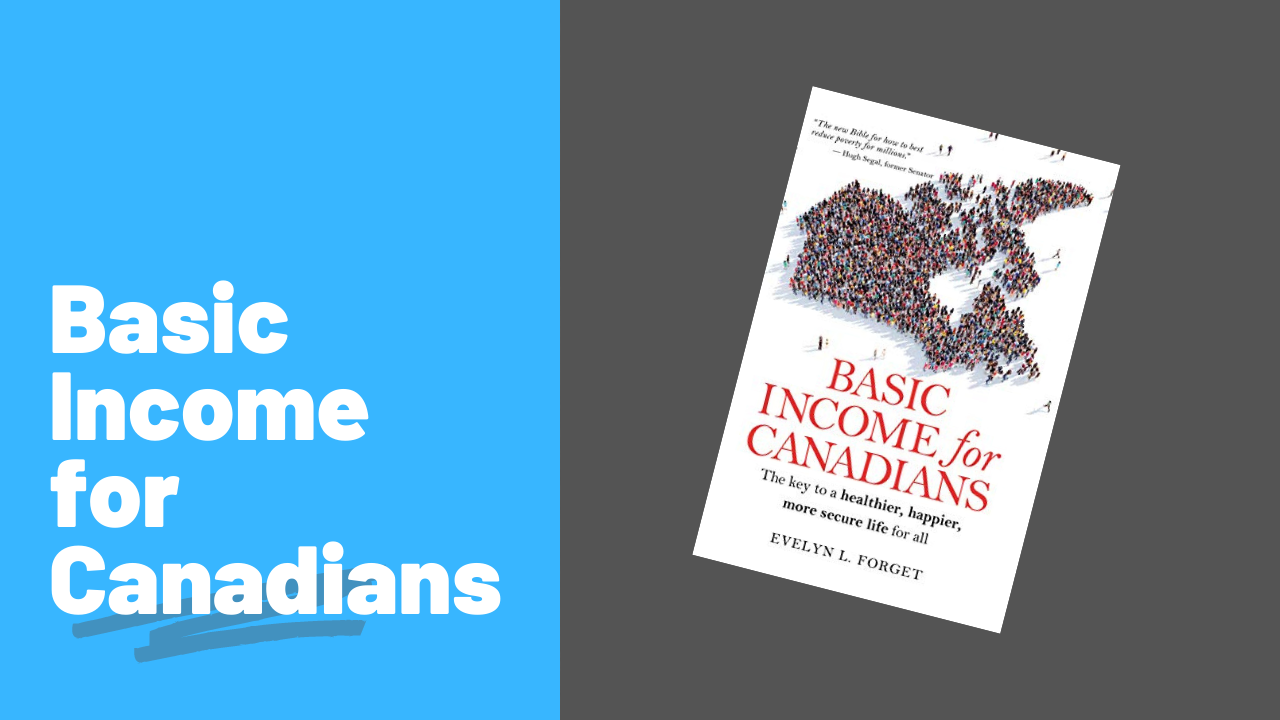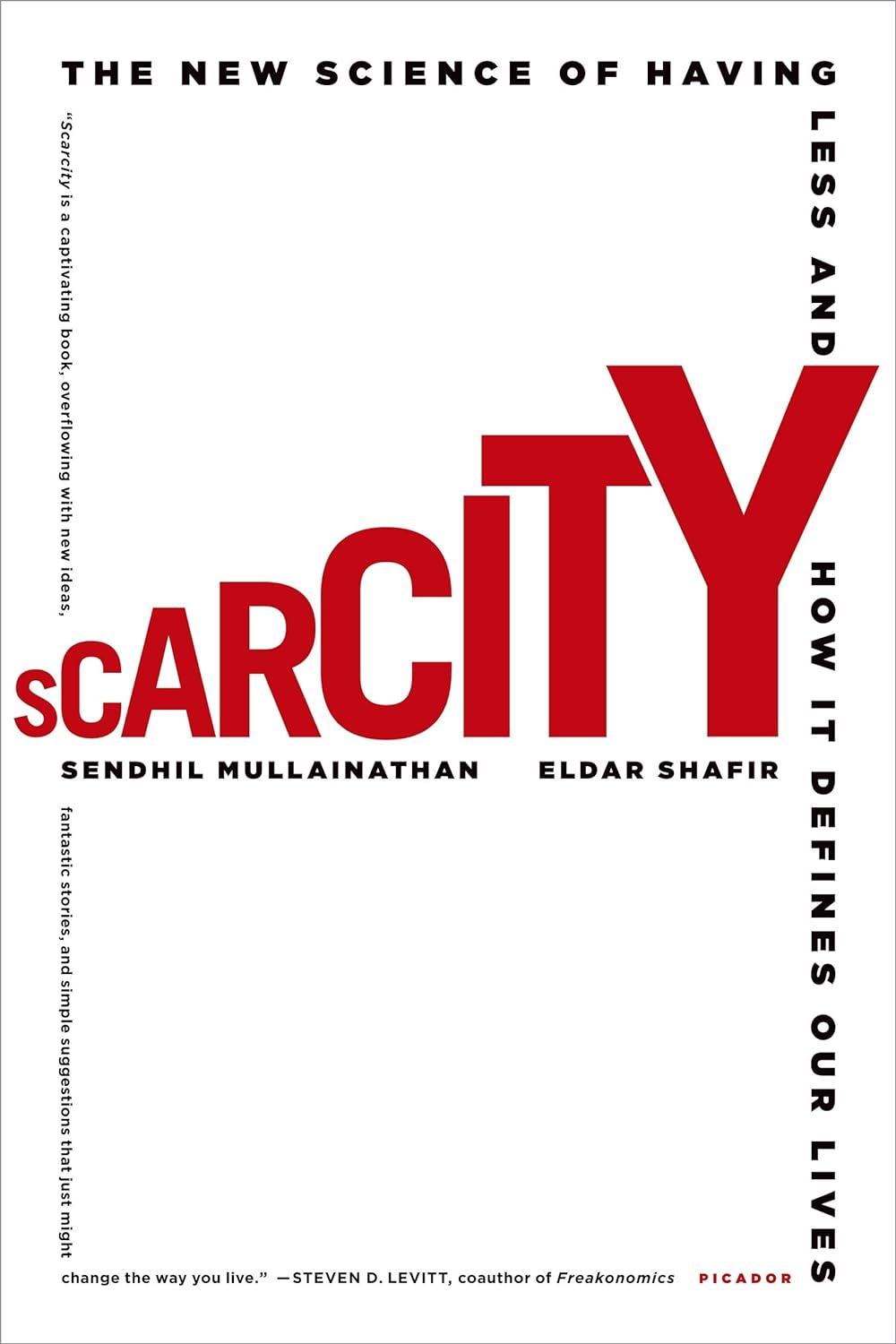What is Basic Income, and what does it mean in the context of Canada? This is what Evelyn L. Forget wants to tackle in her book titled Basic Income for Canadians1.
She says that basic income is money provided to people without condition2. There needs to be no requirement for working a certain number of hours and you must be free to decide how to use your time while receiving income. There should be no classes to go to, no monitoring by civil servants. You simply get money and can use it as you see fit.
Early on she spends time wondering why we work anyway if we're headed towards a world where we have heavy artificial intelligence and automation to do many jobs3. While she doesn't mention it, this crosses close to the statistics showing that workers continue to be more productive, and yet since the late 1970's wages have not tracked with that productivity. Instead the benefits of worker productivity are realized by owners and the top 1% while workers continue to work more for objectively less pay than generations before4.
The biggest benefit to basic income is reduction in scarcity for people that receive it5. When we covered Scarcity, we saw that decreases in income meant stress which affected the ability to do things like choose healthy food to eat or to make good parenting decisions. The long term affects of this on society can be more crime, more health care costs due to less healthy decision making, more civil costs as children are removed from situations that are less than ideal.
What about Income Assistance?
We currently have a few forms of income assistance in Canada. We have a child tax benefit which provides some money for adults that have children. Ontario also has income assistance. One of the big issues with these programs is that they seem to cut off far to early as your income increases.
While on Ontario's program you are provided extended medical care. But once you start making a very modest amount your extended health care is cut off. The income you are making at that point is generally far below the income needed to replace extended medical care, so you let your dental care lapse and start paying for prescriptions6. Then you are back in a place of scarcity and income lapses back to a point where you qualify for extended medical under the Ontario program.
What is your incentive to increase your income a bit when you know you'll loose medical care? Many people report wanting to work but fearing that they'll never be able to afford the medical care they need if they do work7, so they stay on income assistance.
When a society does a bad job supporting the working poor we are saying that we feel it's okay to have people that want to work live paycheque to paycheque8. That it's okay for people to be unable to afford dental care, which society will pay for in the long term in the medical system9.
But People Won't Work
One of the biggest arguments against basic income is that if people have basic income they won't work. This book pulls out many studies that show the lie in this assumption. Repeatedly the author shows that almost everyone works the same amount and uses the money wisely. The very few that don't are so far offset by the benefit to the entire group that their poor chooses barely even register10.
The biggest place we see working stop is in high school aged people, who stay in school longer. We also see a reduction in working in less desirable jobs or unsafe situations, until they are made safe or paid well enough that people are willing to do them. Workers are no longer trapped in unsafe working conditions just so they can pay the bills.
Basic income gives badly treated workers the ability to reject demeaning work11. This is not a problem, but a feature for society.
Add Income Equality for Women
Much of the work that women do in society is needed, and uncompensated12. Think of the childcare they provide. The shopping they do for households. The caring they do for aging relatives. Yes you can say that some of this is a result of choices made, like choosing to have kids, but we also need more people so that we are taken care of when we get older and qualify for Old Age Pension.
Even if you don't choose to have children, you would be in a bad position if no one had children because no one would be around to make sure you survived with dignity in your older years.
By providing basic income to women doing this other crucial work in our society we would be increasing income equality.
We'd also be making it much easier for anyone in an abusive situation to leave it because how they'd pay for the basics of life would no longer be a factor in their decision. They'd know that they have a basic income with which to pay for food and rent something small to live in.
Should You Read Basic Income for Canadians?
If you're interested in basic income and are in Canada, then yes. If not, maybe. The book is full of statistics and a bit dry when compared to The War on Normal People by Andrew Yang, but he's writing a book in part for political reasons. Evelyn L. Forget is writing for academic reasons.
The writing of both suits the audiences the books are aimed at.
It's likely worth reading for the statistics you glean at the very least.
Purchase Basic Income for Canadians on Amazon

